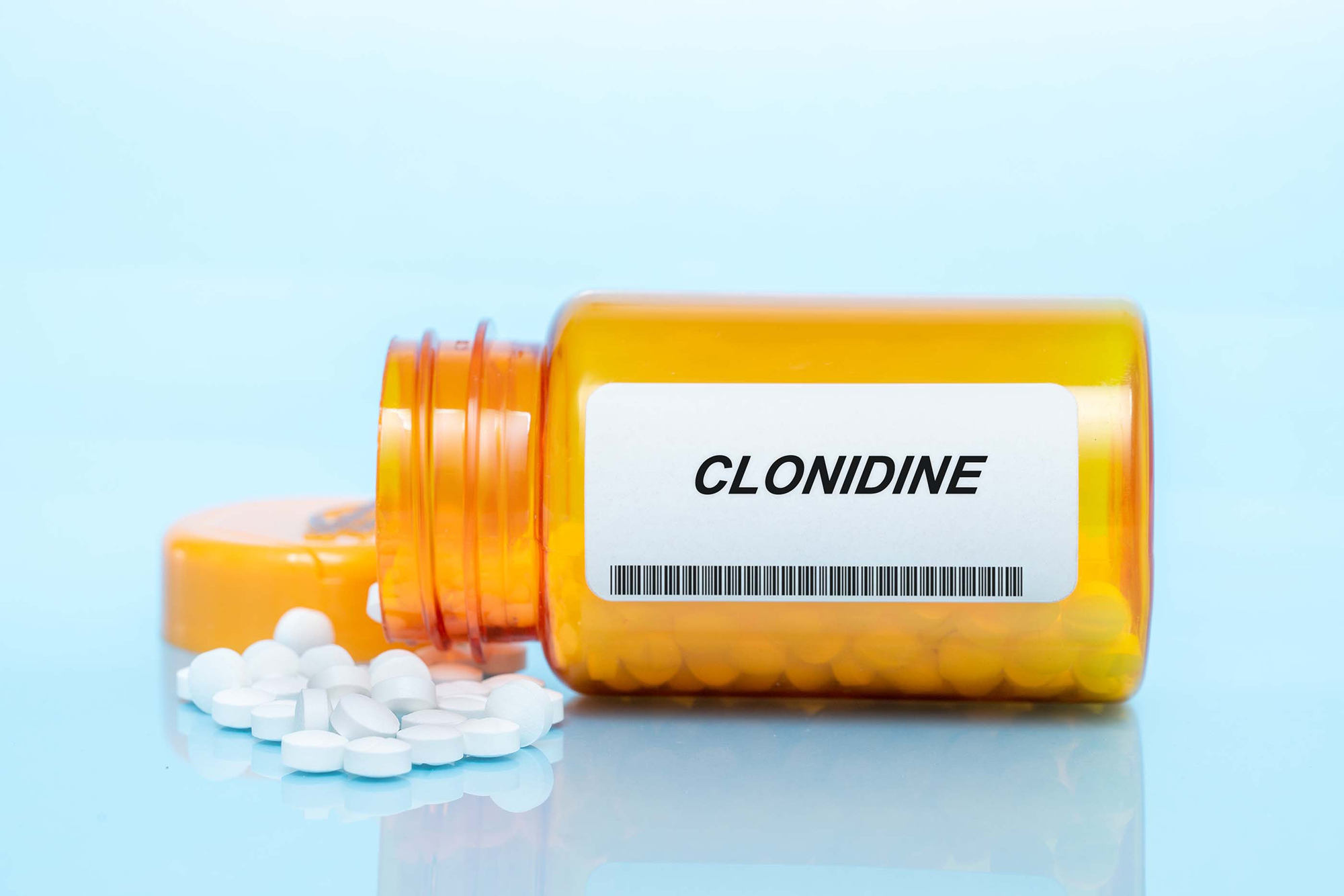Some women are prescribed clonidine for perimenopause or menopause symptoms, but it's important to realise the risks and alternative options
Clonidine is a type of medicine known as a vasodilator – it helps to relax and widen blood vessels. It is sometimes used to manage high blood pressure and is also used to prevent migraine.
Clonidine is licensed in the UK to treat hot flushes. However, NICE guidelines say that clonidine should not be used as first-line treatment for vasomotor symptoms alone. In the US, clonidine is not FDA licensed for hot flushes but can be used off label and it is no longer recommended in Australia for hot flushes.
It is a prescription medicine and comes as tablets or a liquid you swallow. Brand names of gabapentin include Catapres.
How does clonidine work?
Clonidine works by reducing the activity of noradrenaline in your blood vessels. Noradrenaline is a neurotransmitter that regulates your fight or flight response, for example by narrowing your blood vessels. In simple terms, clonidine reduces the reactivity that can cause hot flushes.
Its effectiveness is usually limited compared to that of HRT. One study found that clonidine reduced the number of hot flushes by 4.85 per day. This study also found that the antidepressant venlafaxine was significantly more effective than clonidine in reducing the frequency of hot flushes in breast cancer patients [1].
What are the side effects of clonidine?
Side effects can include constipation, dry mouth, dizziness, headaches, depression, drowsiness and difficulty sleeping.
Talk to your healthcare professional if you experience side effects.
Who can take clonidine?
You may not be able to take clonidine if you are taking other medicines to treat high blood pressure of heart problems, or if you have any heart of kidney problems.
Tell your healthcare clinician if you’ve ever had clinical depression, and if you are taking medications for mental health conditions such as antidepressants, antipsychotics or anti-anxiety medications.
Your healthcare clinician will also need to know if you are taking any anti-inflammatory drugs such as ibufprofen, methylphenidate for ADHD or if you wear contact lenses (clonidine can cause dry eyes).
What’s the bottom line?
The most effective evidence-based treatment for perimenopausal and menopausal symptoms, including vasomotor symptoms, is HRT, because it targets the underlying cause. Also, HRT is bone, heart and neuro-protective, and reduces all-cause mortality by 30% [2].
It’s worth remembering that perimenopause can last up to 10 years and that, unlike HRT, clonidine will not treat the myriad of potential symptoms you may experience. Unlike HRT, it will not help improve your future health or lower your risk of future diseases.













